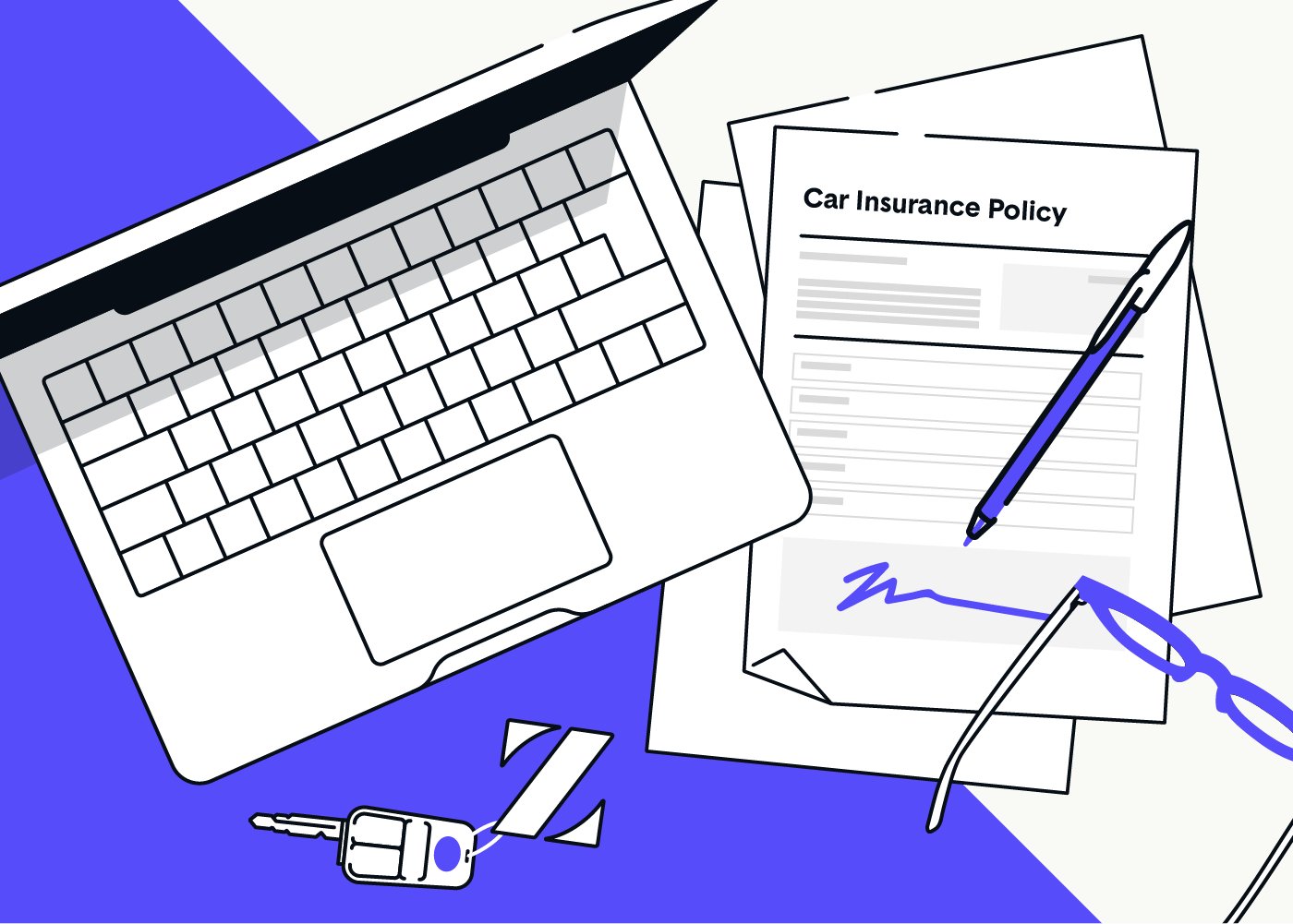Where you live
Where you live can have a huge impact on what you pay for car insurance. This risk pool party metaphor can explain some of the reasons why your insurance premium fluctuates down to the ZIP code.
It’s not just the drivers around you that can impact what you pay. The state you live in is also a major factor. This is because insurance as an industry is regulated at the state level.
According to the National Association of Insurance Commissioners, “State laws require insurers and insurance-related businesses to be licensed before selling their products or services. Currently, there are approximately 7,800 insurers in the United States. All U.S. insurers are subject to regulation in their state of domicile and in the other states where they are licensed to sell insurance.”[1]
So essentially, the lawmakers in your state dictate that rates:
- Must be adequate. Insurance companies need to make enough money to pay out all claims and stay in business.
- Must not be excessive. Rates can’t be too high that people can’t afford them and the company makes huge profits.
- Must not discriminate. States allow insurance companies to take different rating factors into account. What’s allowed in one state might not be in another.
Let’s look at two insurance markets to see why citizens of these states are having trouble finding insurance:


